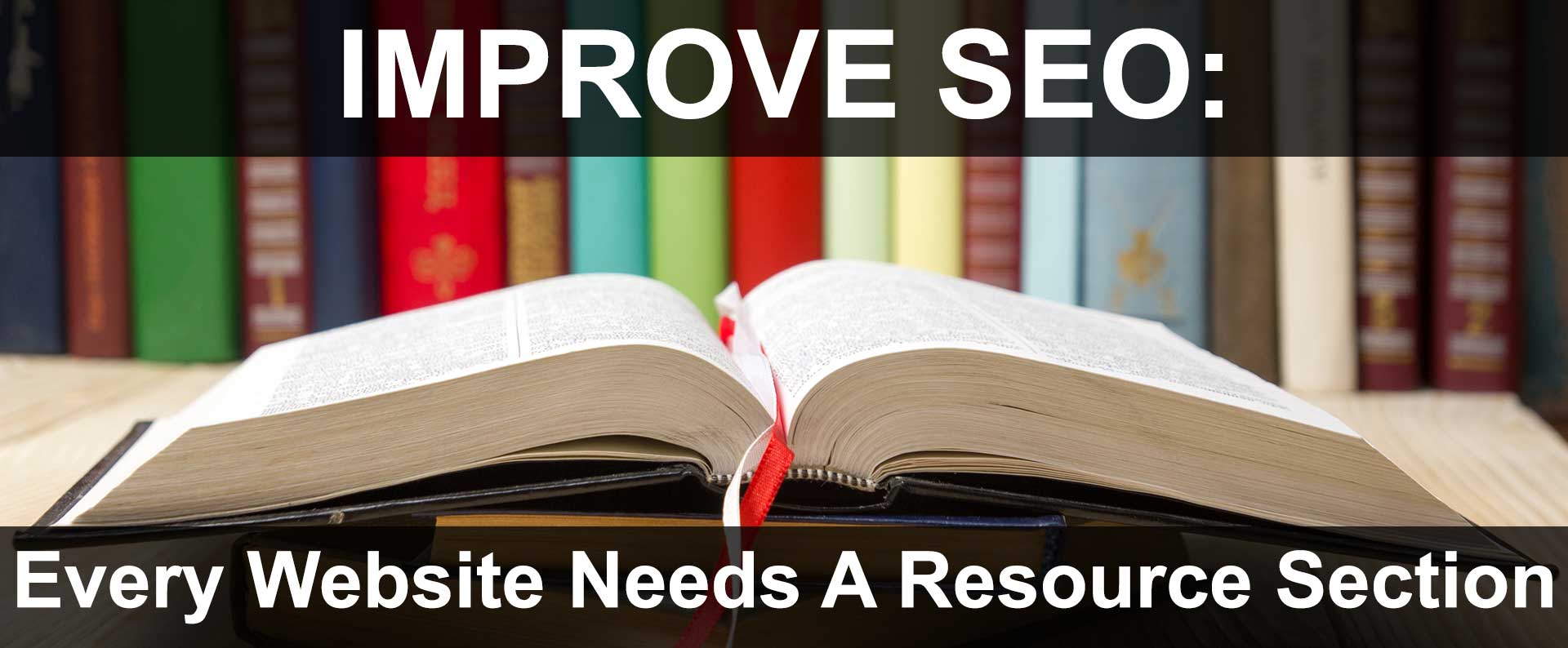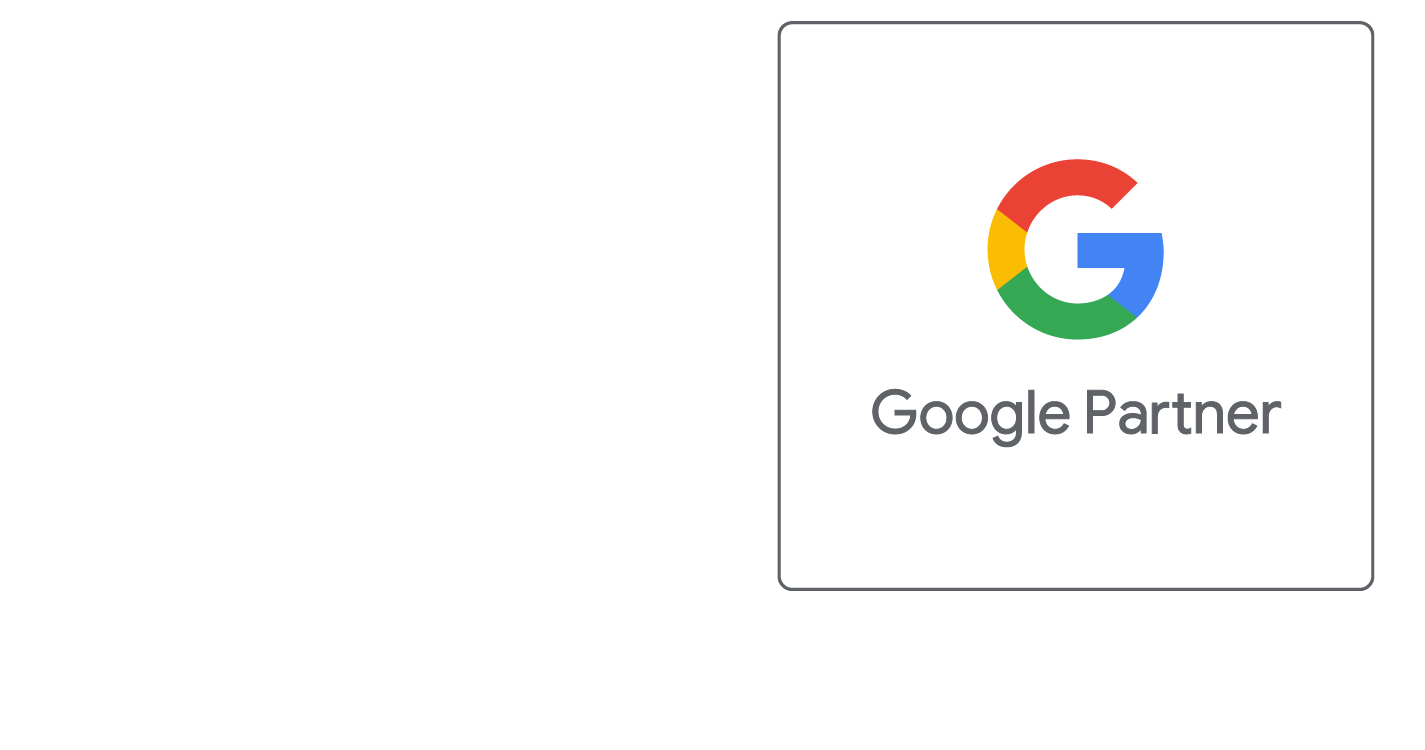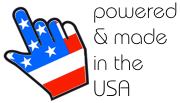Creating an online resource section on your website offers significant benefits, including enhanced customer service, increased conversion (sales), improved SEO (Search Engine Optimization), and more. Regardless of your business sector, an online resource library is invaluable and indispensable.
Constructing an Online Resource Library for a company website can be laborious and time-consuming. However, a phased and long-term strategy makes the process more manageable and less overwhelming.
Depending on the nature of your business, website resources can cover various topics such as:
- Industry-Specific Terminology (Definitions)
- Demonstration Videos
- Guides on How-To
- Product Care Tips
- Maximize Benefits from Services
- Industry-Related News
- Customer Testimonials
- Case Studies
- Discussion Forums
- Frequently Asked Questions (FAQ's)
- Additional Product or Service Details & Specifications
- and more . . .
An online resource section can aid in the sales process to potential clients, support existing customers, and enhance overall SEO (due to the comprehensive nature of a resource section filled with related keywords, phrases, and rich content).
Regularly updating the resource section, especially in a phased manner, meets Google's requirements for fresh content with respect to SEO.
Neglecting to develop a resource library for a website equates to missing out on a tremendous opportunity!
Start Small, Develop Over Time Without Pressure
A resource library can start off small and gradually expand as more information becomes available. Begin with straightforward FAQ's or recent industry-related articles, helpful tips, and so forth. Over time, the website's resource library will grow, featuring numerous industry-related articles, how-to's, FAQ's, and more.
- Search engines appreciate a site with constantly updated and evolving content.
- Both consumers and search engines are drawn to fresh content.
- Frequent and regular updates demonstrate a website's commitment to staying current and relevant.
Google assigns higher rankings in search results to sites that are regularly updated, as opposed to sites that are rarely updated or contain outdated information.
An Informed Prospect Is A Satisfied Customer
Supplying a wealth of relevant information is critical to any company's success from a consumer's perspective. An online resource library gives consumers and potential clients the chance to make informed purchasing decisions.
When a prospect is well-informed, they are more likely to convert into a sale, and less likely to experience buyer's remorse. Ultimately, the customer will feel confident in their purchase and in choosing the company that provided such details.
Moreover, most would agree that a well-informed and educated customer is generally easier to deal with than a customer who is poorly informed or lacks the necessary knowledge to make a positive buying decision.
By equipping prospects with the information needed to educate themselves, a resource section allows employees to focus more on assisting the customer rather than educating them, provided all the information on the website is valid and accurate.
Often, well-informed and satisfied customers provide positive reviews and free advertising through word-of-mouth or, in today's digital world, social media posts and shares.
Great for Search Engine Ranking
Search engines like Google aim to rank search results based on one primary objective:
To deliver the most relevant information to the searcher.
Consequently, for a website to appear at the top of search results, it must contain a great deal of descriptive, relevant information on the searched topic. In essence, the website should serve as an "encyclopedia" on the search topic.
The most effective way to achieve this, especially in today's competitive online environment with thousands of industry competitors, is to incorporate an online resource library.
A site that serves as an "encyclopedia" on a specific subject will achieve better rankings due to its abundance of keyword-related information. Websites boasting a wealth of important information rank higher for related searches than sites that lack a substantial amount of relevant information on a specific subject.
Most "encyclopedia" type websites often secure first-page rankings; in fact, many achieve first or second-place listings for searches.
High ranking in search results is achievable due to having a resource library full of relevant information using descriptive, related keywords and phrases, which is essential for effective SEO.
If a descriptive keyword or phrase is not included or mentioned within a website's content, then that site will not naturally appear in search results for that particular term or phrase without resorting to paid advertising.
Furthermore, linking sections of the website's resource library from social media posts helps to create a stream of relevant incoming website links.
For example, posting about a Tip, Gallery Portfolio, or News Article each day on social media (such as Facebook, LinkedIN, Twitter, Alignable) and providing a link to the page on the website with more information.
These incoming links help boost the website's ranking in search engines as "legitimate" and "trusted" sources, thereby improving SEO.
Promotes Goodwill in the Industry
Creating a resource library also serves to foster goodwill amongst customers, potential clients, and other industry professionals.
Sites offering free, "useful" information to anyone, regardless of cost or membership, are viewed as attractive and worthy of repeat visits. Additionally, sites with such valuable information are often shared among industry professionals and seen as a reliable "go-to" guide.
Most people appreciate the wealth of information and transparency provided by a company's resource section and prefer to do business with such straightforward companies when needs arise.
Everyone Wants To Link To Useful Websites
When a website offers a wealth of quality information, people will link and post about it on social media. There's no stopping it, nor should a company want to prevent such valuable incoming links.
Incoming links can come from social media posts, news articles, blogs, other websites, and so on. These incoming links are crucial to building a website's organic traffic base. Additionally, incoming links are known to boost ranking in search engines.
As mentioned earlier, search engines pay attention to the number of "quality incoming" links a website has. Websites with more quality incoming links are awarded more "points," so to speak, in their overall SEO score. The more points, the better the ranking that website will receive when searches related to that website's topic are performed.
Therefore, the theory is that the more quality incoming links a company's website has, the better its placement in search results on Google and other search engines.
And the best part is, quality incoming links provide the business with free traffic. Most of this traffic is likely to be potential prospects and qualified sales leads. If someone takes the time to follow a link and learn more, there is some level of interest.
Start Building a Resource Library Today
There are numerous inherent benefits to implementing an online resource library, irrespective of industry. Whether the aim is to educate customers better, improve search ranking, foster goodwill, generate more incoming traffic, or all of the above; having an online resource library is a crucial factor to maintaining a successful and prosperous website.













